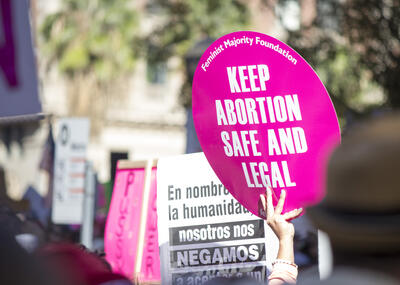In the Town of Berdichev
Vavilova’s face was dark and weather-beaten, and it was odd to see it blush.
“Why are you laughing?” she said finally. “It’s all so stupid.”
Kozyrev took the paper from the table, looked at it, and, shaking his head, burst out laughing again.
“No, it’s just too ridiculous,” he said through his laughter. “Application for leave . . . from the commissar…
Please login or register for free access to Posen Library
Already have an account?



